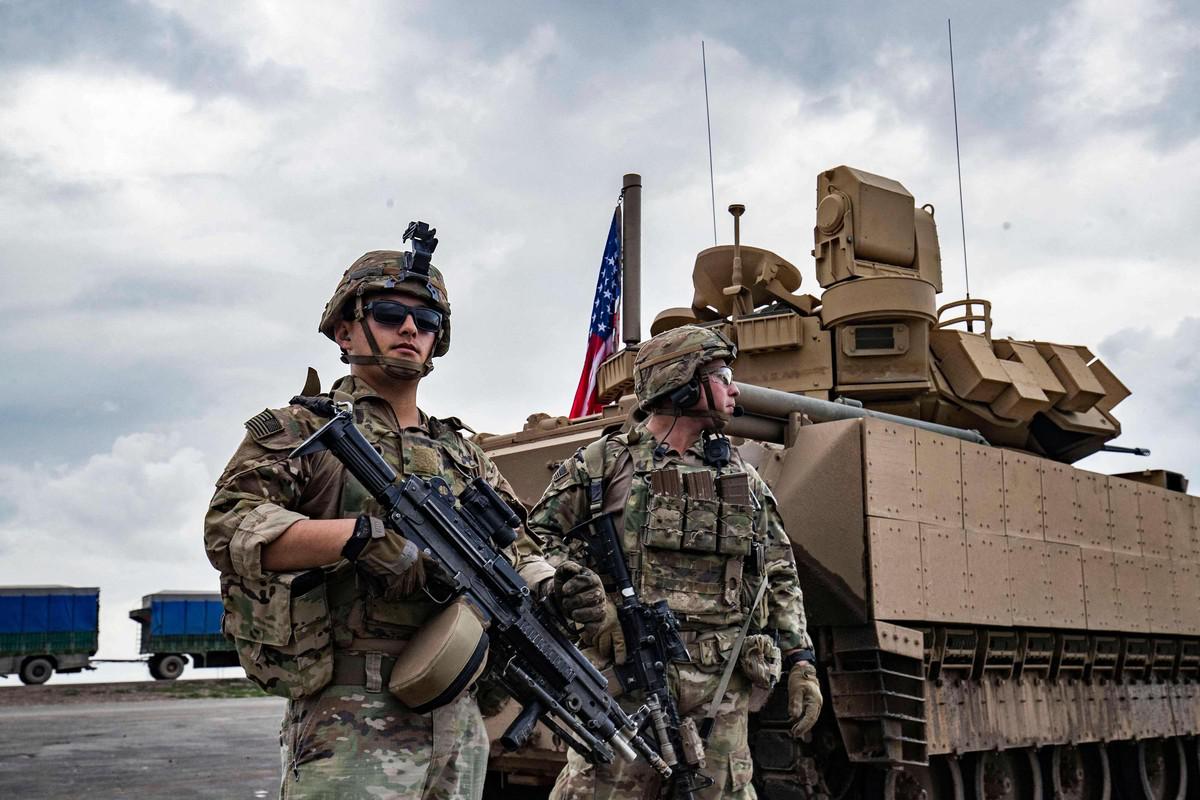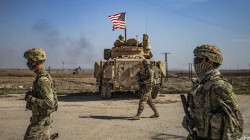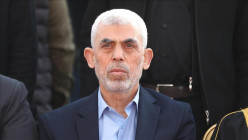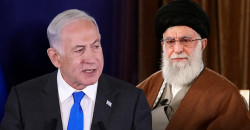US military intervention fails to stop Iran-backed factions’ attacks

Shafaq News / A report published by "Agence France-Presse" on Wednesday revealed that the US military intervention has so far failed to halt the attacks launched by Iran-backed armed groups on US forces in the Middle East and shipping in the Red Sea, with threats persisting despite recent intense airstrikes.
The attacks, carried out by armed groups claiming solidarity with Gaza amidst the Israel-Hamas conflict, originate from four countries, presenting a multifront challenge for the US, which seeks to mitigate disturbances while avoiding direct conflict with Iran.
Last week, the US conducted dozens of airstrikes on Iran-linked targets in Iraq and Syria in response to a drone attack that killed three US soldiers in Jordan, and also carried out joint strikes with Britain against Yemeni rebels over the weekend.
However, US forces were subsequently targeted in Syria, while Houthi rebels in Yemen launched fresh attacks on merchant ships.
John Alterman, Director of the Middle East Program at the Center for Strategic and International Studies, commented, "I believe we will continue to witness a certain level of violence for some time. Iran and its supported groups do not want to declare surrender."
He added, "At the same time, I believe the number and scale of attacks will decrease, and this is due to two reasons: firstly, US strikes diminish their capabilities, and secondly, they want to minimize losses."
Continuation of attacks
In response to a question about whether the Pentagon is planning a long military campaign in Iraq and Syria, spokesperson General Pat Ryder stated, "As I see it, that will not be the case."
Ryder added in response to a query about whether the airstrikes would continue as long as attacks on US forces persist, "We will take all necessary measures required to protect our troops."
Michelle Grisz, a policy researcher at the non-profit Rand Corporation, noted, "There is a possibility that we will see the continuation of proxy attacks throughout the duration of the conflict (between Israel and Hamas), although the intensity and frequency of those attacks may vary."
She further suggested a scenario where the attacks persist even after the end of the war, but she indicated that she expects "an extended ceasefire to lead to the cessation of current attacks, at least in the near term."
The anger over Israel's campaign in the Gaza Strip, which began following Hamas's October 7th attack, has fueled violence involving Iran-backed armed groups in Lebanon, Iraq, Syria, and Yemen.
Recurring attacks
US forces in the Middle East have been targeted over 165 times in the past four months, with a coalition comprising Iran-backed armed groups opposing US support for Israel and the presence of American troops in the region claiming responsibility for numerous attacks.
Most of these attacks occurred in Iraq and Syria, with one incident taking place in Jordan on January 28th, when a military base was struck by a drone, resulting in the deaths of three US soldiers and injuries to dozens.
The US responded with airstrikes in Iraq and Syria on Friday, stating that more would follow, but this did not prevent further attacks on US forces in the subsequent days, according to the Pentagon.
In Yemen, Iran-backed Houthi rebels began targeting commercial ships in the Red Sea in November, claiming they were targeting vessels linked to Israel to support Palestinians in Gaza.
On Saturday, US and British forces launched the third round of joint strikes against the Houthis since the second week of January, during which US forces also conducted solo airstrikes.
However, in the following three days, the US military announced strikes targeting ground-to-ground missiles in Yemen and two explosive-laden maritime drones posing an "imminent threat," stating that the Houthis had launched six missiles toward two commercial ships, causing minor damage to one.
The US accuses Tehran of arming and financing the groups carrying out the attacks, but it has not targeted Iran so far, seeking to avoid a potential regional war.
Alterman said, "Direct confrontation threatens to trigger an open-ended regional war with no clear objectives or end in sight."
He added, "I do not think the American people want an open war in the Middle East, and this applies to the US' allies in the region."





